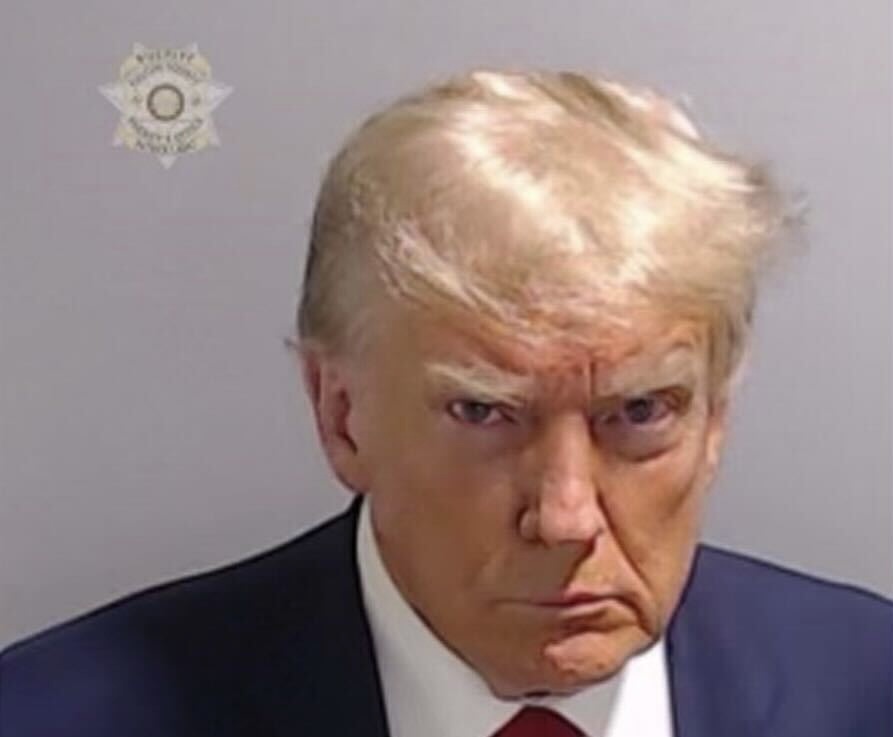Donald Trump’s weird and stubborn refusal to learn a damn thing

On July 4, 2019, the President of the United States stood on the hallowed ground of the Lincoln Memorial in Washington, D.C. In a “Salute to America” speech on Independence Day, he proudly recounted how the Continental Army “took over the airports”—in the 1770s.
Two years prior, in February 2017, that same President led an “African American History Month Listening Session” in the Roosevelt Room of the White House. He praised Frederick Douglass as “an example of somebody who has done an amazing job and is being recognized more and more, I notice,” as if he were still alive. Douglass, who escaped slavery and became a leading abolitionist, died at age 77 in 1895, in the middle of Grover Cleveland’s second term.
These are just two examples of Donald Trump’s weird and stubborn ignorance of history. After having put this attribute on full display while in the White House, Trump is now employing it in a desperate attempt to dismiss criminal charges in court. Fortunately, Special Counsel Jack Smith is pushing back with a new filing on Thursday that slams Trump’s claim of “absolute immunity” while teaching him and his legal team a valuable history lesson.
To support his claim that Presidents of the United States can basically do whatever they want with impunity, Trump pointed to George Washington and Abraham Lincoln, of all people, as prime examples. However, Trump’s attempt “to draw a parallel between his fraudulent efforts to overturn the results of an election that he lost and the likes of Abraham Lincoln’s Gettysburg Address and George Washington’s Farewell Address” is absurd. “These things are not alike,” Smith wrote.
Smith then took Trump—if he’s even bothering to read the filing—on a tour of U.S. history and presidential immunity, citing Aaron Burr’s prosecution, Richard Nixon’s pardon, Bill Clinton’s civil lawsuit, and even Trump’s words from his second impeachment in 2021. Smith pointed out that Trump now argues that his acquittal barred his criminal prosecution—yet right after the acquittal, Trump claimed that he could not be tried in the Senate because he was, indeed, subject to criminal prosecution. As Smith pointed out, Mitch McConnell and 30 other Republican senators made statements agreeing with Trump’s earlier position.
The bottom line, Smith argues, is that Trump “is not above the law. He is subject to the federal criminal laws like more than 330 million other Americans, including Members of Congress, federal judges, and everyday citizens.” As Trump now awaits the judge’s ruling on this issue, he can forget about any help from Washington and Lincoln. History was never on Trump’s side.

Ron Leshnower is a lawyer and the author of several books, including President Trump’s Month
